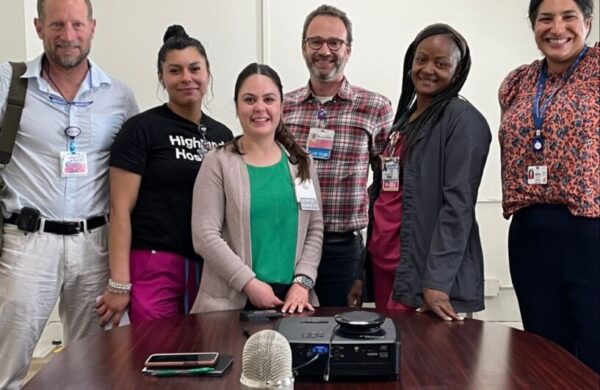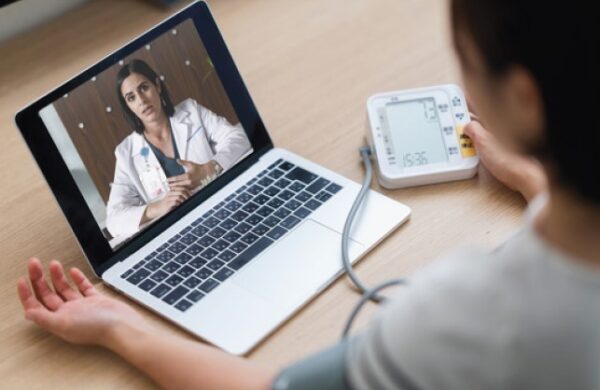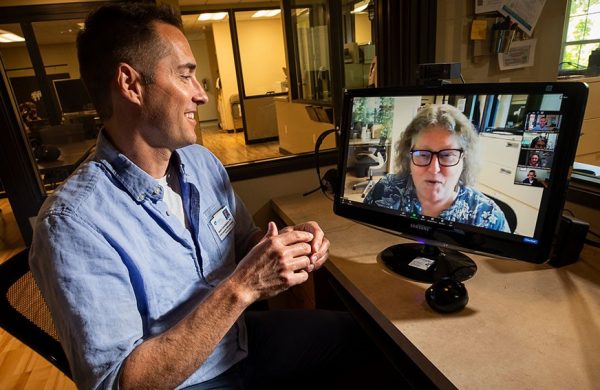- The Resilience Effect (5:55)
- The history of Resilient Beginnings, our learning collaboratives dedicated to addressing childhood adversity in pediatric safety net care settings
- Advancing trauma-and-resilience-informed care (TRIC) is complex, long-term, culture change work. To be successful, consider a stable, multi-disciplinary team with effective leadership, the ability to articulate a clear and realistic scope, and engagement of people who can authorize and meaningfully support this work (i.e., organizational leaders and decision makers).
- Programs focused on TRIC must intentionally include goals and resources related to supporting staff and provider wellbeing.
- Staff and provider wellbeing as a key tenant of TRIC, bolstering care teams with organizational practices and activities that supported staff through a time of immense stress on the healthcare system.
- Making sustainable progress on trauma-and-resilience-informed care strategies shifted broader clinic culture to be more trauma-and-resilience-informed, radically re-envisioning the healthcare system.
- Initiatives to screen for adverse childhood experiences (ACEs) is a concrete entry point for teams seeking to advance trauma-and-resilience-informed pediatric care, and is more effective when implemented alongside other foundational efforts that support administration and response.
- ️ RBN's flexible approach and longer, 3-year program timeframe, successfully met teams where they were at, allowing teams to shift work and make steady advancements on transformation efforts.
- Organizations reported increased awareness and understanding about the connection between equity and racial justice and trauma-and-resilience-informed care, and it takes time to apply that learning into concrete change efforts.
- Internal and external supportive mechanisms contribute to organizations' ability to advance TRIC, including through significant, systemic barriers.
[embed]https://vimeo.com/928865911?share=copy[/embed]
Learn more about the people, places, and ideas in this episode:
- "What are adverse childhood experiences (ACEs)?"
- Pediatric ACEs and Related Life Events Screener (PEARLS) -- Example of PEARLS tool for screening children
- CCHE Final Report on the Resilient Beginnings Network - the final evaluation found the program successful in its long-term efforts to shift broader clinic culture to be more trauma-and resilience-informed in its approach to patients and each other.
- Voices for Growth - Forging Bonds and Navigating Transformation in Care - related article featuring Highland Hospital Pediatrics (April 2024)
- Embracing Staff Training To Help Patients With Trauma - related article featuring the pediatric care team at Highland Hospital within Alameda Health System (March 2023)
- Healing Through Listening - a Pathway to Nurture Wellness for Caregivers and Families - related article featuring the care team Children's Health Center (CHC) at Zuckerberg San Francisco General Hospital (December 2023)
- Cultivating Trust - Empowering Care Teams for Trauma-Informed Care - related article featuring the extended care team at Community Medical Centers (CMC) in California's Central Valley (November 2023)
- Trauma and Resilience Informed Systems in Pediatric Primary Care - related article featuring the teams at Alameda Health System - Highland Hospital and Alliance Medical Center
- More on Resilient Beginnings Network (RBN), a Center for Care Innovations learning program dedicated to advancing pediatric care delivery models that are trauma- and resilience-informed so that 100,000 young children and their caregivers have the support they need to be well and thrive.








